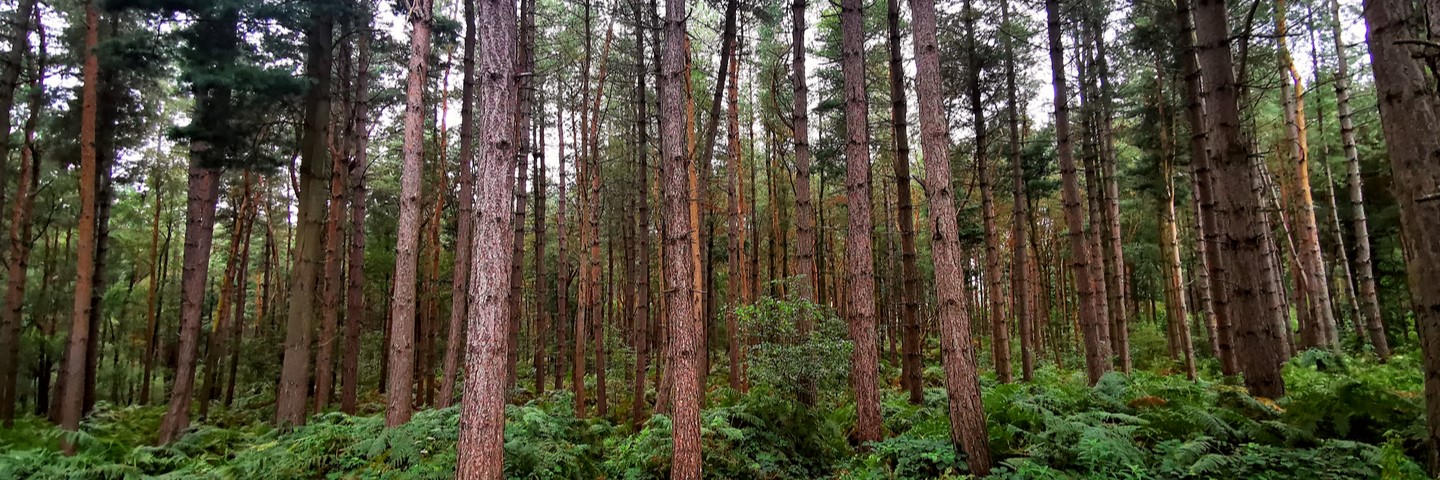
Sustainable bark production
Not only do we utilise timber from UK forests to reduce the carbon footprint of our products but, through photosynthesis during their lifetime, trees absorb carbon, which is also great for our planet. Even in an unmanaged forest, when a tree dies it decomposes, so the carbon it has stored over its lifetime is released naturally into the air. This makes each tree virtually carbon neutral.
Most people assume that cutting trees down is a bad thing, which is certainly the case with deforestation, but sustainable forestry means the same number of trees, or more are planted to replace those felled. And, although every tree absorbs carbon, as young trees grow, they absorb it more rapidly than ageing trees. Approximately one tonne of carbon is stored in every cubic metre of timber. When trees are felled, the carbon is stored within the timber and with every new tree planted, more carbon is removed from the atmosphere, which is ultimately better for the planet.
Forests are the natural habitat for numerous species of wildlife and insects. Research has shown that well-managed forests can be better for wildlife, rather than leaving dense patches of undisturbed woodlands. They can offer a more balanced environment with wildlife corridors.
Managed forests can help with climate control, soil erosion and minimising the risk of flooding. Altogether, it highlights the need for the end to deforestation and a better understanding of how we can help to maintain our forest habitats for generations to come through effective and sustainable forestry management.
Take a look at our full range of barks and woodchips made from 100% British wood from sustainable sources to find the perfect match for your next project.








